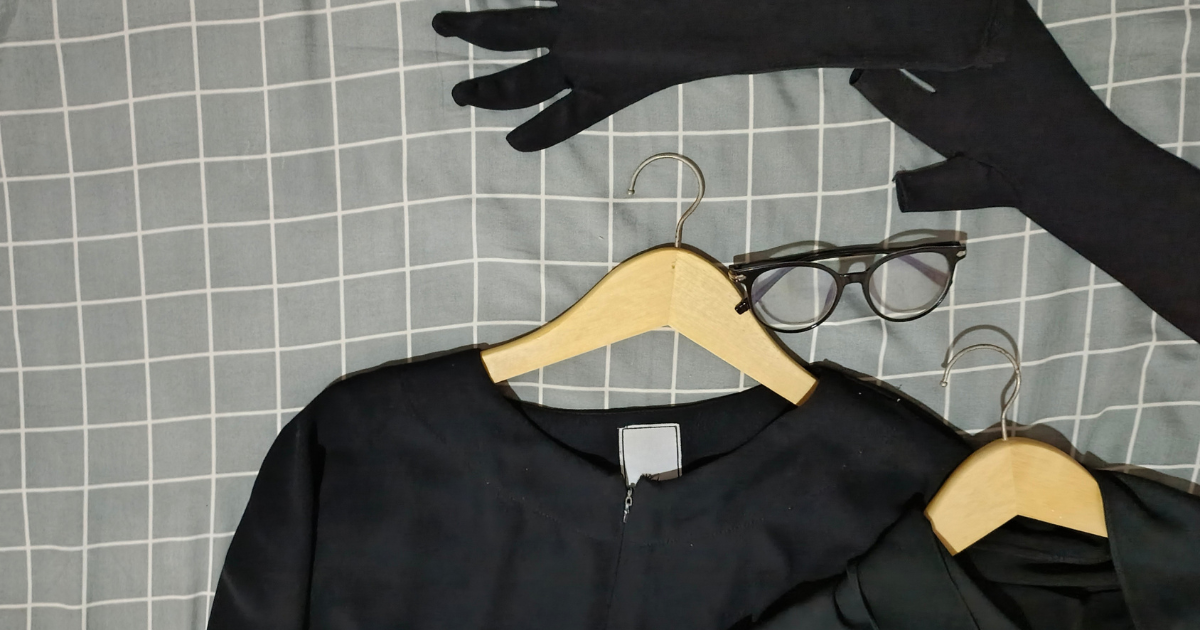Cyberspace When You?re Dead
 Suppose that just after you finish reading this article, you keel over, dead. Perhaps you?re ready for such an eventuality, in that you have prepared a will or made some sort of arrangement for the fate of the worldly goods you leave behind: financial assets, personal effects, belongings likely to have sentimental value to others and artifacts of your life like photographs, journals, letters. Even if you haven?t made such arrangements, all of this will get sorted one way or another, maybe in line with what you would have wanted, and maybe not.
Suppose that just after you finish reading this article, you keel over, dead. Perhaps you?re ready for such an eventuality, in that you have prepared a will or made some sort of arrangement for the fate of the worldly goods you leave behind: financial assets, personal effects, belongings likely to have sentimental value to others and artifacts of your life like photographs, journals, letters. Even if you haven?t made such arrangements, all of this will get sorted one way or another, maybe in line with what you would have wanted, and maybe not.
But many of us, in these worst of circumstances, would also leave behind things that exist outside of those familiar categories. Suppose you blogged or tweeted about this article, or dashed off a Facebook status update, or uploaded a few snapshots from your iPhone to Flickr, and then logged off this mortal coil. It?s now taken for granted that the things we do online are reflections of who we are or announcements of who we wish to be. So what happens to this version of you that you?ve built with bits? Who will have access to which parts of it, and for how long?
Not many people have given serious thought to these questions. Maybe that?s partly because what we do online still feels somehow novel and ephemeral, although it really shouldn?t anymore. Or maybe it?s because pondering mortality is simply a downer. (Only about a third of Americans even have a will.) By and large, the major companies that enable our Web-articulated selves have vague policies about the fate of our digital afterlives, or no policies at all. Estate law has only begun to consider the topic. Leading thinkers on technology and culture are understandably far more focused on exciting potential futures, not on the most grim of inevitabilities.
Nevertheless: people die. For most of us, the fate of tweets and status updates and the like may seem trivial (who cares ? I?ll be dead!). But increasingly we?re not leaving a record of life by culling and stowing away physical journals or shoeboxes of letters and photographs for heirs or the future. Instead, we are, collectively, busy producing fresh masses of life-affirming digital stuff: five billion images and counting on Flickr; hundreds of thousands of YouTube videos uploaded every day; oceans of content from 20 million bloggers and 500 million Facebook members; two billion tweets a month. Sites and services warehouse our musical and visual creations, personal data, shared opinions and taste declarations in the form of reviews and lists and ratings, even virtual scrapbook pages. Avatars left behind in World of Warcraft or Second Life can have financial or intellectual-property holdings in those alternate realities. We pile up digital possessions and expressions, and we tend to leave them piled up, like virtual hoarders.
At some point, these hoards will intersect with the banal inevitability of human mortality. One estimate pegs the number of U.S. Facebook users who die annually at something like 375,000. Academics have begun to explore the subject (how does this change the way we remember and grieve?), social-media consultants have begun to talk about it (what are the legal implications?) and entrepreneurs are trying to build whole new businesses around digital-afterlife management (is there a profit opportunity here?). Evan Carroll and John Romano, interaction-design experts in Raleigh, N.C., who run a site called TheDigitalBeyond.com, have just published a tips-and-planning book, ?Your Digital Afterlife,? with advice about such matters as appointing a ?digital executor.?
Adele McAlear, a social-media and marketing consultant, became interested in this subject a few years ago, when one of her regular Twitter contacts died. A Web enthusiast who has created ?Lord knows how many profiles? for herself in the course of road-testing various new services, she is an ?advocate of creating content and putting it online.? And yet, she continues, it ?hadn?t dawned on me, what happens to all of this stuff that you put out there, this digital litter that sort of accumulates.? That may be particularly true for people like McAlear, who have thoroughly integrated their Web expressions into their identity. (Indeed, she explores her new interest on a blog, DeathandDigitalLegacy.com.) But you don?t have to be a social-media consultant to live that way. More and more people do, as a matter of course. Millions of us are ?sharing? our thoughts and tastes; our opinions and observations about WikiLeaks and ?Glee? and the Tea Party and some weird dude on the subway this morning; and photographs of newborns and weddings and parties and ? why not? ? that weird dude on the subway. Maybe the momentous and the momentarily amusing add up to a pleasing means of real-time connection, but what do they add up to when we?re gone? The legacy of a life you hope your survivors will remember? Or a jumble of ?digital litter? for them to sort through?
Read Rest of Article From NYtimes.com



